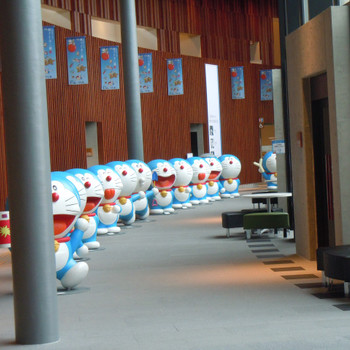Whats going on in the Middle East?
2 Answers
Its complicated
Explanation:
There has been a recent large shift that shows the fragmentation of interests in the middle east that limit the possibilities of resolution.
After World War 1, the British and French were still in the Colonial business in a big way. There were promises of Independence made to get the the Arabs to fight the Ottomans. What the Arabs got were puppet Governments and the division of the middle east into spheres of influence along Colonial lines.
After World War 2 the British and French got out of the Colonial business but they were replaced by subtler Imperialism and the Cold War. There was a rise in Nationalist movements. The Baath Party took power and had influence in many countries. The Baathists were Secular, Socialist and Pan-Arab Nationalists. They were eager to control the Islamists and so appeared to be brutal dictatorships in many cases. They had influence on Nasser in Egypt.
Saudi Arabia had achieved a truer independence than the others though the House of Saud and war in the 1920s. This Monarchy retains possession of the Holy places in Mecca through a difficult balancing act. They are largely Sunni and very influenced by the fundamentalist Wahhabi sect.
The attack on the Holy places in 1979 was alarming to everyone and was the birth of much of present Islamist unrest in the world. One of the important influences before these attacks was the fall of the Shah in Iran earlier in 1979. This attack influenced Ossama Ben Ladin and probably influenced the creation of Al Qeada.
Iran is mostly Persian and Shia. There are 2 parts to the Iranian Government. A few holy men that are tight lipped to westerners that run most of the Government. There is partially elected Government that sometimes seems to be accompanied by Carnival music. This group is mostly window dressing and shouldn't be confused the actual Government.
There is a power struggle between Iran (Shia) and Saudi Arabia (Sunni) that has brought us, in part, the Oil Glut that has lowered oil prices around the world. The trouble in Yemen is a proxy war that is at least partly funded by Iran against the Saudis and is part of a long standing fight about other things in that country.
There will be a part 2 to this answer.
Answer Part 2
Explanation:
Egypt has managed to stay peaceful with Israel recently and stabilized after Arab Spring and its aftermath. Islamist reaction after Arab Spring did not achieve power as it desired.
Arab Spring was a recent wave of grass roots uprising by younger, urban, educated Arabs and secular elements like unions to create real democratic changes in government. It was partially financed by U.S. money. Generally, the Islamists couldn't believe their luck as democracy was most likely to elect an Islamist Government in many places in the Middle East. The actual result was more violence and chaos.
Jordan has been relatively stable but is always fragile due to its small size and small military. They threw the Palestinians out when they threatened overthrow and ongoing war with Israel. They have an ongoing refugee problem.
Syria. The Alawite minority that was prominent part of the French Colonial Government and Army and continued on thereafter. They also were part of the Baathists (Secular, Socialist, Pan Arabic Nationalist political Party). The Alawites are neither Sunni nor Shia. Things would be bad for them if they lost power.
Lebanon: Hezbollah, Druze (Shia), Sunni and Christian minorities manage to, barely, coexist. Hezbollah are what the Palestinians became after they were ousted from Jordan and ended up in Lebanon. Refugees from Syria threaten to destroy the peace.
I can go on, but it is important to see that Islam is not a monolith. There are many ancient and modern parts to the Muslim Faith.
There has been powerful forces trying to keep Islamists of all sects out of Government over the last century.
Islam is great at making strong communities and it seems to have an endless well of leadership.
There are many minorities in the middle east.
Without discussing much about Iraq, Israel, or current Russian or American intervention I have talked a little bit about what's happening in the Middle East.
2 books that might show different points of view on Desert Storm Iraq that are easy reads would be Bravo 2 Zero by Andy McNab and the Real Bravo 2 Zero by Michael Asher. I believe there are video versions of both books. The 2nd book shows insights into people's daily lives.

